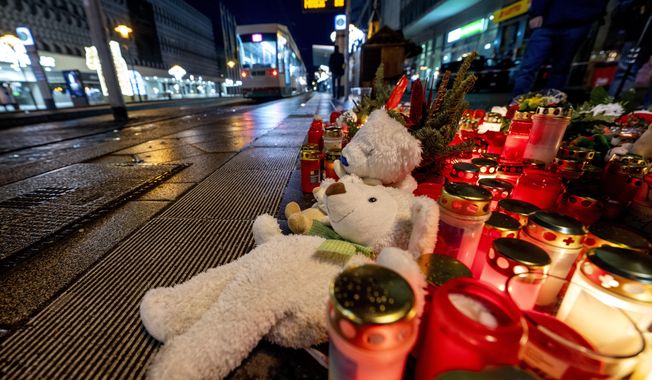
FILE - In this Aug. 4, 2014, file photo, a Nigerian health official wearing a protective suit waits to screen passengers for the Ebola virus at the arrivals hall of Murtala Muhammed International Airport in Lagos, Nigeria. Six months into the biggest-ever Ebola outbreak, scientists say they’ve learned more about how the potentially lethal virus behaves and how future outbreaks might be stopped. The first cases of Ebola were reported in Guinea by the World Health Organization on March 23 before spreading to Sierra Leone, Liberia and elsewhere. (AP Photo/Sunday Alamba, File)
Featured Photo Galleries











Trump Transition: Here are the people Trump has picked for key positions so far
President-elect Donald Trump has announced a flurry of picks for his incoming administration. Get full coverage of the Trump transition from The Washingon Times.



